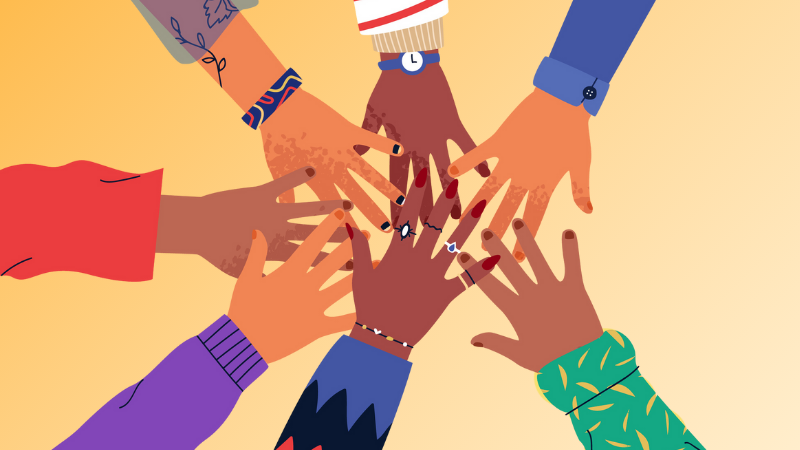Wikipedia, Women and Leadership

Key Takeaways
- Democracy is not theory.
- Diversity and inclusion are the very essence of democracy.
- Wikipedia just might have the answer to our leadership problems.
I taught English and creative writing for 10 years, and I used to redline papers when I saw Wikipedia as the only cited source.
At the time, I thought it was a lazy way for students to source information, and it seemed less credible than a textbook or research paper. Meanwhile, Wikipedia has grown to include myriad viable resources. The platform has created a model for aggregating and fact-checking printed and online information by leveraging the power of the masses.
Wikipedia is not perfect, but it offers a forum for democratic thought that is relevant to leadership. In fact, it might help us to listen to each other in a deeper way and elect better leaders by encouraging individual contribution and discernment.
Two months ago, there was a wave of articles about the excellence of women leaders around the world in response to COVID-19. Women leaders, such as New Zealand’s prime minister, Jacinda Ardern; Chancellor of Germany Angela Merkel and Taiwan’s President Tsai Ing-wen, among others, were setting a standard for global crisis leadership.
I posted a link to one such article in The Atlantic to a personal social media site. There were nothing but affirmative comments. One stood out. “LET WOMEN LEAD,” a friend wrote. I was happy to see the enthusiasm of all caps. I was also appreciative of the sentiment. The phrasing, however, stuck in my mind.
Who exactly are we asking to let women lead?
The obvious answer is those in power. Current leaders make the rules; therefore, it seems they must set a standard of inclusion. But let’s examine where that has led us. Only five percent of the S&P 500 companies are led by women, and according to the Council on Foreign Relations, only 19 of the 193 U.N. countries have women leaders.
Along with these nifty percentages, empirical evidence suggests that those who feel excluded for not fitting the current leadership’s general demographic profile due to race, ethnicity, gender, ability or class will be waiting a long time, if not indefinitely, for that invite.
“More of the same,” seems to be this nation’s unwritten tagline, and we perpetually have rules determined by a very small and homogenous population. It’s as though we have a fake Wikipedia page that invites everyone to submit — but censors all new points of view.
Across the board, political and corporate leaders — from a positional standpoint — are the minority. Democracy, meanwhile, is built on the rule of the people, which suggests that the majority have the bargaining power. We have a louder collective voice. We can correct misinformation the same way we can edit a Wikipedia page.
We, the people, decide. Of course, we don’t all agree, which is a separate problem, but if those with integrity — who value diversity — speak out, the chances are high that things will change. In other words, I think the ultimate leadership lesson here is one of personal leadership: It’s up to us.
But how do we all exercise our rights in a way that displays personal leadership competencies, such as accountability, ethical leadership and personal responsibility?
Vote, yes. Advocate for just laws, yes. Protest, yes. Educate ourselves about implicit bias and this country’s history, yes. Try to cultivate empathy by understanding the broader view, while at the same time not making assumptions based on limited information. Yes.
But what else?
We all need to contribute. Personal leadership means we own our personal power to make conscious decisions to live in accordance with our values, no matter how inconvenient. Questioning the status quo, supporting marginalized groups with our dollars, our time and our dedication to growth is just a beginning.
If we all exercise personal leadership by contributing to the Wikipedia page that is our future, we might find a more accurate view of history and find perspective that will better emphasize the value of diversity across race, ethnicity, gender, class and ability/expertise.
It is from a place of coming together and listening to different perspectives that we will find out what it is to live in a representative democracy.
Sources:
Council on Foreign Relations Women’s Power Index
“New Zealand’s Prime Minister May Be the Most Effective Leader on the Planet,” The Atlantic.


